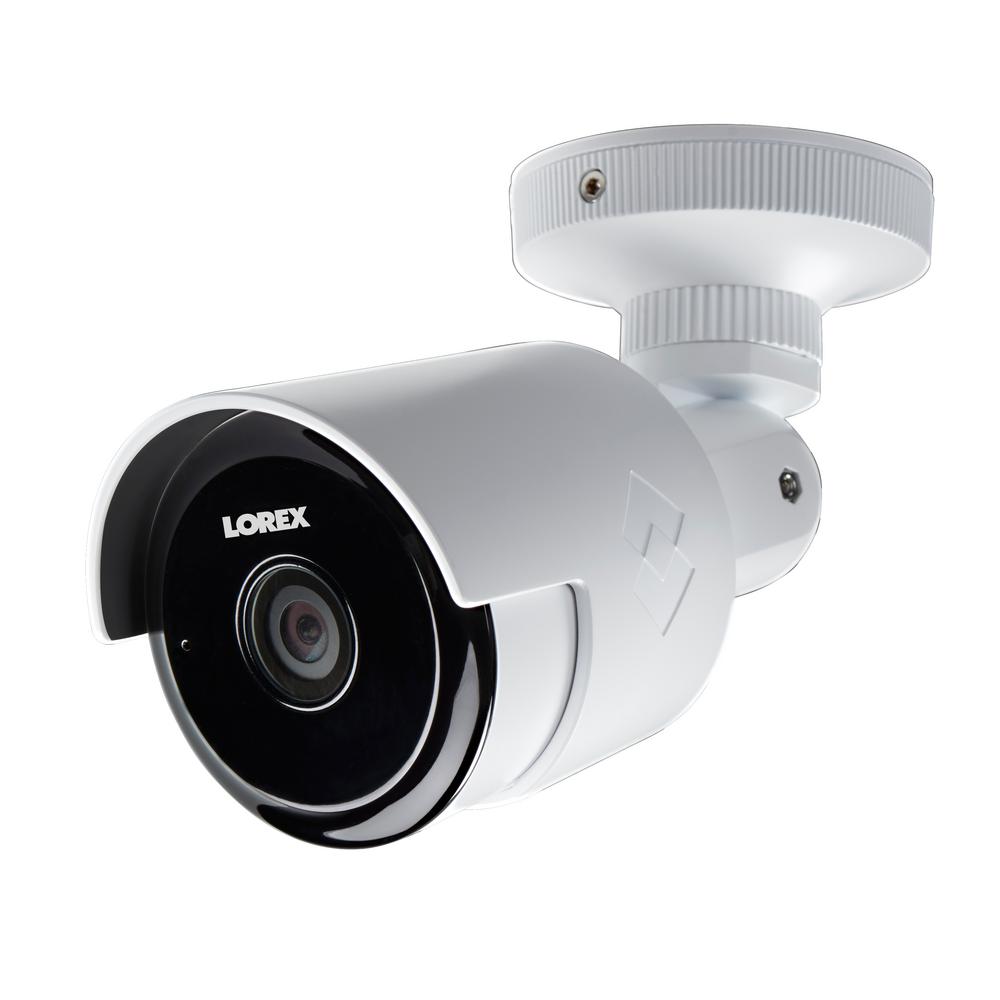
In an age where technology plays a pivotal role in our daily lives, home security has undergone a significant transformation. Security cameras, once considered only a feature for businesses or affluent neighborhoods, have now become an essential part of modern home safety. These devices not only provide peace of mind for homeowners but also serve as a powerful deterrent against potential threats. With the ability to monitor our homes in real-time, security cameras have changed how we approach safety, allowing us to stay connected and vigilant even when we are miles away.
The rise of smart technology has further enhanced the capabilities of security cameras, making them more accessible and user-friendly. Today, homeowners can easily install systems that link to their smartphones, enabling them to keep an eye on their property from anywhere. This level of surveillance empowers individuals to take proactive measures to protect their homes and loved ones. As we explore the impact of security cameras on home safety, it becomes clear that they are not just tools for surveillance, but vital components of a comprehensive security strategy that fosters a sense of safety and security in our lives.
Benefits of Home Security Cameras
Home security cameras provide an effective deterrent against crime. The mere presence of these cameras can discourage potential intruders from targeting a home. Many burglars avoid properties that display visible surveillance systems, as they increase the likelihood of being caught. Knowing that they are being watched helps to foster a sense of security among homeowners and their families, contributing to a safer living environment.
Another significant advantage of security cameras is the ability to monitor your property remotely. With advancements in technology, many modern security cameras offer real-time streaming and alerts directly to your smartphone or tablet. This means that homeowners can keep an eye on their property from anywhere, whether they are at work, on vacation, or running errands. This level of accessibility provides peace of mind, allowing individuals to respond quickly to any suspicious activity.
Additionally, security cameras can serve as valuable tools for evidence collection. In the unfortunate event of a break-in or vandalism, having recorded footage can aid police investigations and help identify the perpetrator. This documentation can also be beneficial for insurance claims, providing proof of the incident and potentially leading to quicker resolutions. Overall, the functionality of security cameras extends beyond mere observation, offering critical support in safeguarding homes and enhancing personal safety.
Types of Security Cameras
Security cameras come in various forms, each designed to meet different needs and preferences. One popular type is the bullet camera, recognizable for its cylindrical shape. Bullet cameras are often used for outdoor surveillance because they can be easily mounted on walls and provide a focused view of specific areas. Their ability to zoom in on details makes them ideal for monitoring driveways, entryways, and backyards.
Another common type is the dome camera, often favored for its discreet design. Dome cameras are typically installed on ceilings and offer a 360-degree view of the surroundings. Their tamper-proof features make them suitable for both indoor and outdoor use, deterring potential intruders who may be cautious of being watched. Many homeowners appreciate the aesthetic appeal of dome cameras as they blend seamlessly into any environment.
Finally, there are PTZ (pan-tilt-zoom) cameras, which provide a flexible solution for large areas that require comprehensive coverage. PTZ cameras can be remotely controlled to pan across wide spaces and zoom in on specific objects or activities. This adjustability allows homeowners to monitor multiple areas from a single camera, making them a great choice for properties with expansive perimeters or for those who want to keep an eye on a range of locations.
Installation and Maintenance Tips
When installing a security camera, it’s essential to choose the right location. Optimal mounting points should cover entry and exit points, driveways, and high-traffic areas. Ensure the camera has a clear line of sight, avoiding obstacles like trees or structures that may block the view. Consider the angle of the camera to reduce blind spots, and remember to check the field of view and adjust accordingly before finalizing the installation.
Regular maintenance of your security camera system is vital for consistent performance. Clean the camera lenses periodically to remove dirt and debris that might obscure the view. Inspect the wiring and connections for any signs of wear or damage. Test the camera’s functionality regularly, including its recording features and motion detection, to ensure everything operates smoothly.
Additionally, keep the camera’s software and firmware up to date. Many security camera systems offer updates that enhance features, improve security, and fix bugs. Set a reminder to check for updates every few months. By following these steps, you can significantly enhance the reliability and effectiveness of your security camera system, ensuring comprehensive safety at home.